Life
Sign up for our newsletter
We summarize the week's scientific breakthroughs every Thursday.
-
 Plants
PlantsUltrasound reveals trees’ drought-survival secrets
Scientists used ultrasound sensors and electrical probes to reveal how drought affects the tissues of living trees.
-
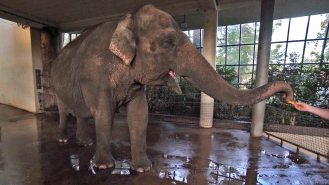 Animals
AnimalsThis elephant peels bananas, but only slightly ripe ones
Pang Pha, an Asian elephant at Zoo Berlin, probably picked up the skill by observing her zookeeper.
-
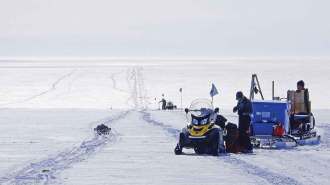 Earth
EarthA massive cavern beneath a West Antarctic glacier is teeming with life
A subglacial river has carved out the cavern beneath the Kamb Ice Stream, a West Antarctic glacier, and may be supplying nutrients necessary for life.
By Douglas Fox -
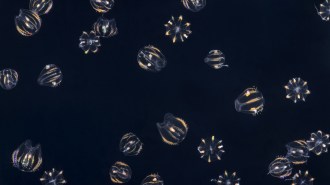 Life
LifeComb jellies have a bizarre nervous system unlike any other animal
A 3-D map of the comb jelly “nerve net” reveals fused neurons that lack the space, or synapses, most neurons use to communicate. Did it evolve independently?
By Jake Buehler -
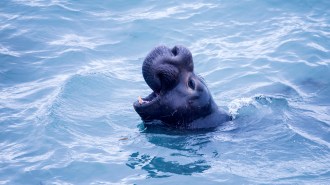 Animals
AnimalsNorthern elephant seals sleep just two hours a day at sea
The marine mammals have truly awesome stamina for staying awake, sleeping only minutes at a time on months-long trips at sea.
-
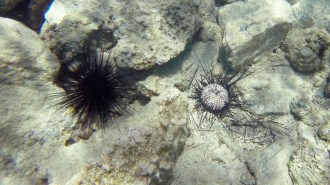 Animals
AnimalsUrchins are dying off across the Caribbean. Scientists now know why
A type of single-celled microorganism associated with coral diseases is behind a sea urchin die-off in the Caribbean.
By Anna Gibbs -
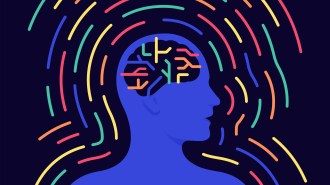 Neuroscience
NeuroscienceThe classic map of how the human brain manages movement gets an update
Functional MRI scans provide a new version of the motor homunculus, the mapping of how the primary motor cortex controls parts of the body.
-
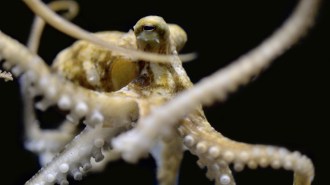 Animals
AnimalsOctopus, squid and cuttlefish arms evolved to ‘taste’ different compounds
Octopus suckers can taste a variety of greasy, sticky molecules, while squid and cuttlefish suckers detect bitter compounds.
-
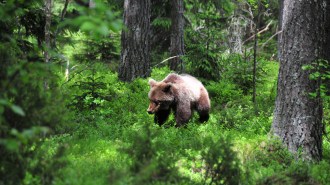 Animals
AnimalsHibernating bears don’t get blood clots. Now scientists know why
People who sit still for hours have an increased risk of blood clots, but hibernating bears and people with long-term immobility don’t. A key clotting protein appears to be the reason why.
-
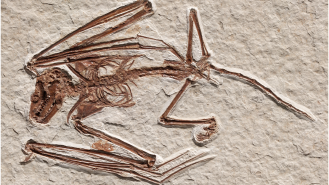 Paleontology
PaleontologyNewfound bat skeletons are the oldest on record
The newly identified species Icaronycteris gunnelli lived about 52.5 million years ago in what is now Wyoming and looked a lot like modern bats.
By Sid Perkins -
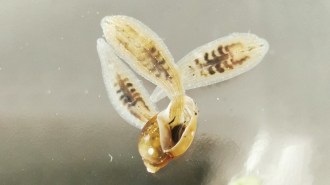 Animals
AnimalsFreshwater leeches’ taste for snails could help control snail-borne diseases
A freshwater leech species will eat snails, raising the possibility that leeches could be used to control snail-borne diseases that infect humans and livestock.
-
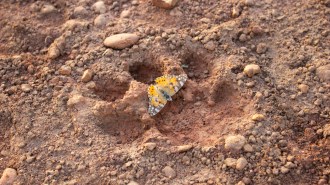 Animals
AnimalsThe last leg of the longest butterfly migration has now been identified
After a long journey across the Sahara, painted lady butterflies from Europe set up camp in central Africa to wait out winter and breed.